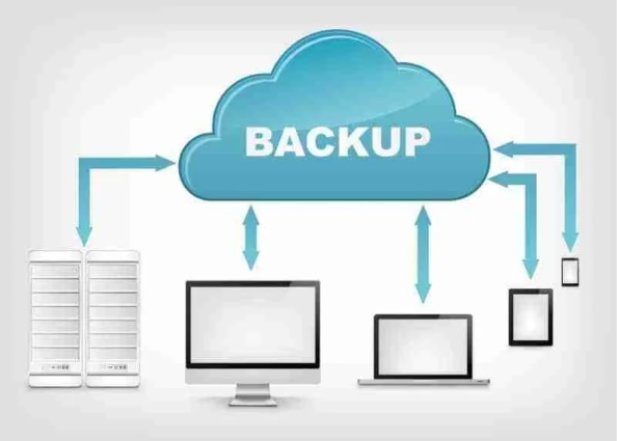data is one of the most valuable assets for small businesses. Whether it’s customer information, sales records, financial data, or day-to-day operational files, your business relies on data to keep running smoothly. But what happens when that data is suddenly lost?
Unfortunately, data loss is a common and costly problem for small businesses. A report from the National Cyber Security Alliance found that 60% of small companies go out of business within six months of a major data loss. This shows just how serious the risk can be. That’s why having a regular data backup plan is not just important—it’s critical for long-term business survival.
How Data Loss Happens
Many small business owners think data loss won’t happen to them. But in reality, it can occur for many reasons, often without warning:
-
Cyberattacks and ransomware: Hackers target small businesses because they usually have weaker security. Ransomware can lock up your files, demanding payment to release them.
-
Hardware failures: Hard drives, servers, and computers can crash at any time. Once they fail, the data may be lost permanently.
-
Human error: Employees can accidentally delete files, overwrite documents, or fall for phishing scams that lead to data breaches.
-
Natural disasters: Fires, floods, earthquakes, or power outages can destroy local servers and computers in seconds.
-
Software corruption: Sometimes software crashes and corrupts important files without any clear reason.
These risks highlight why small businesses need a reliable data backup strategy. Without one, recovery can be difficult or impossible.
Why Backups Are Essential for Small Businesses
Regular data backups ensure that your important files are copied and stored safely in secure locations. This means you can restore your data quickly if something goes wrong, minimizing downtime and preventing serious financial losses.
Here’s why backups are so important:
-
Business Continuity: Regular backups allow you to recover fast, so your operations don’t grind to a halt.
-
Customer Trust: Clients trust you to keep their data safe. Backups help you maintain that trust.
-
Compliance: Many industries have data security regulations. Backups help you stay compliant.
-
Cost Savings: Recovering lost data without backups is often expensive—or impossible.
How IT Support and Managed IT Services Help
Managing data backups on your own can be time-consuming and technical. That’s why many small businesses choose to work with IT Support and Managed IT Services providers. They take care of your backups automatically, ensuring everything is saved regularly and securely.
With professional IT support, you get:
-
Automated daily backups (no need to remember to do it manually)
-
Cloud storage options for offsite protection
-
24/7 monitoring to catch problems early
-
Disaster recovery support if something goes wrong
-
Data encryption to keep backups secure from hackers
This gives you peace of mind, knowing your business is protected without adding extra work to your day.
Best Practices for Data Backups
To keep your business safe, follow these simple backup best practices:
-
Backup daily: Use automation to make sure no data is missed.
-
Use the 3-2-1 rule: Keep 3 copies of your data, store it on 2 types of media (like local drive and cloud), and have at least 1 copy stored offsite.
-
Test your backups: Regularly check that your backups work properly so you’re not caught off guard during an emergency.
-
Keep backups secure: Use encryption and secure storage methods to prevent cyberattacks on your backup systems.
Final Thoughts
Data loss is one of the biggest threats facing small businesses today, but it’s also one of the easiest problems to prevent. Regular data backups are your first line of defense against downtime, cyberattacks, and disasters.
Working with trusted IT support and managed IT services ensures that your backups are handled professionally, leaving you free to focus on running your business. Don’t wait until it’s too late—start protecting your business data today.






























thanks for this forum